Buddhism and Buddhist beliefs have always been looked at as powerful ways of speaking to our souls and finding inner peace, and happiness.
“There is no path to happiness: happiness is the path.” – Buddha
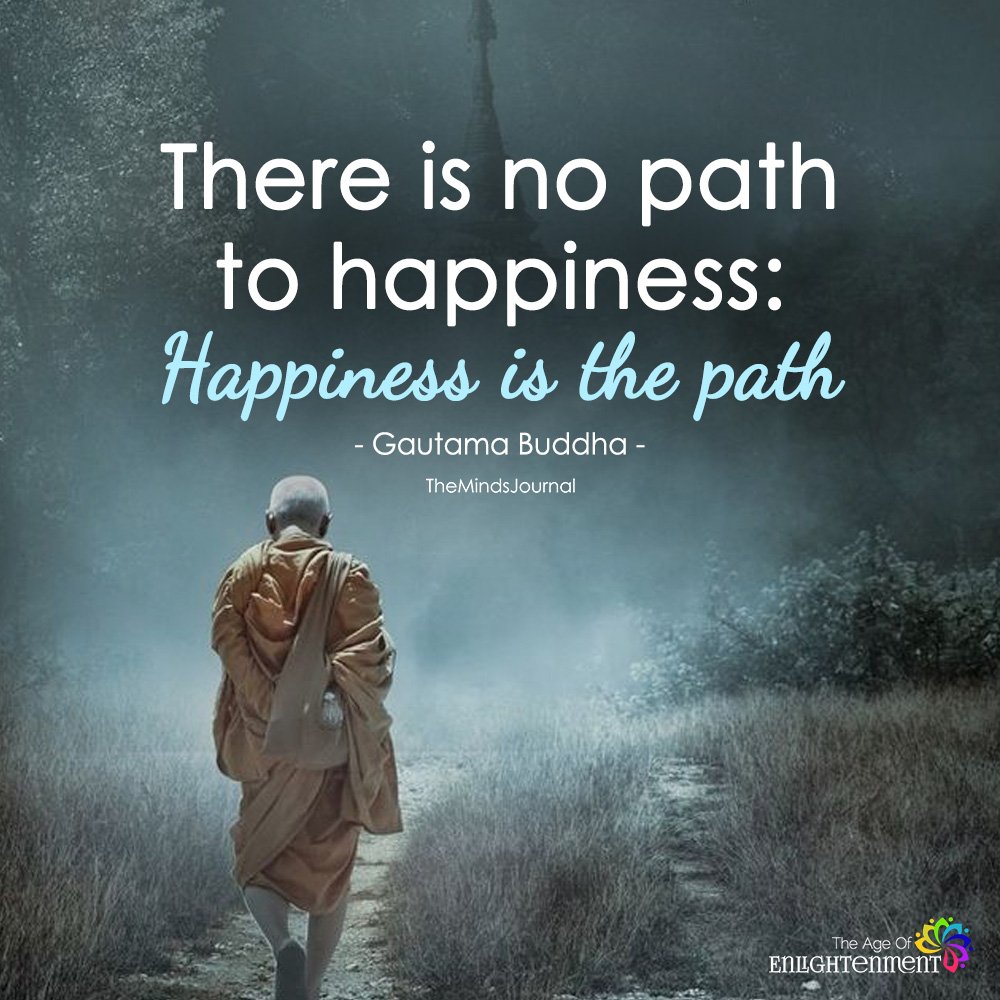
Life is a challenge. Sometimes we overcome these challenges and become stronger & successful. Other times we fall hard right on our faces. And it hurts. Bad. Although we may ‘act’ happy in front of others and even ourselves, but deep down we are just trying to survive the chaos inside our minds.
Practicing Buddhism can help us accept and embrace the various positive and negative aspects of our lives and find inner peace and happiness even in the darkest days.
You can easily practice Buddhism along with other religions as its beliefs complement other religious beliefs, instead of conflicting with them.
Buddhist beliefs & principles help you understand yourself better, be more present in the current moment, accept what is, and be more compassionate in life.
What is Buddhism?
“Believe nothing, no matter where you read it, or who said it, no matter if I have said it, unless it agrees with your own reason and your own common sense.” – Buddha
Contrary to popular belief, Buddhism is not a religion.
Being a follower of Buddhism myself, I personally consider it as a way of life. Buddhism refers to the teachings of Lord Buddha. The term Buddha means the enlightened one in the literal sense.
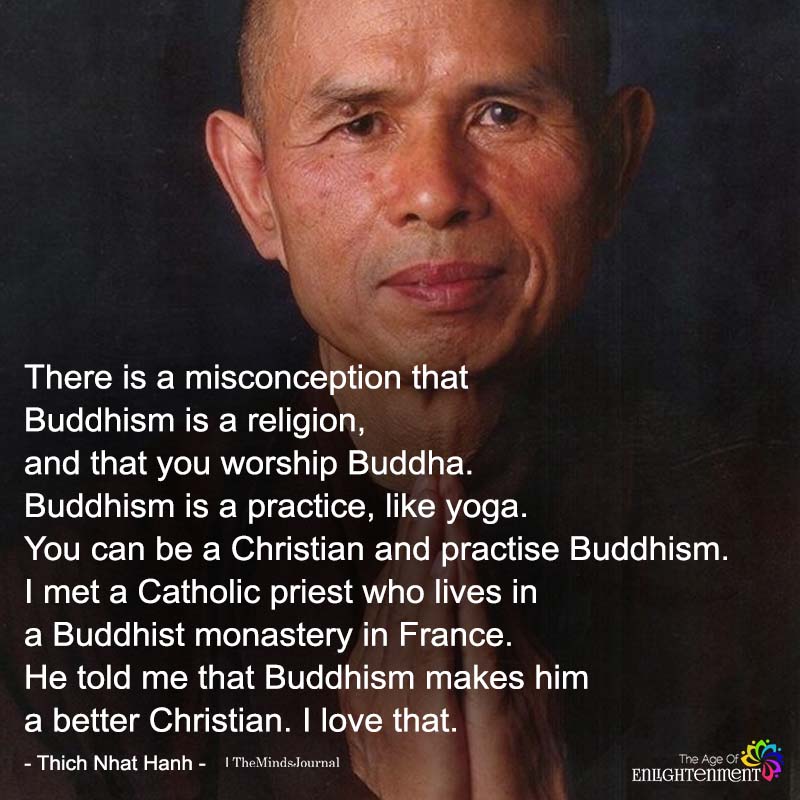
Buddhism is wrongly considered as a system of worship or faith. There is no such belief in a creator or Supreme Deity.
Buddhism is simply a search for the truth. The truth about ourselves, our existence, our purpose, and the universe. The Buddha has simply pointed out the path towards the truth but we need to make the journey on that path ourselves.
“There are only two mistakes one can make along the road to truth; not going all the way, and not starting.” – Buddha
3 Essential Buddhist beliefs to heal your soul
The journey to happiness starts with healing your soul. You don’t need to be a Buddhist to practice these beliefs in your life. There is no need for you to become a monk, meditate, or practice Yoga. You can easily practice these profound beliefs right from the comfort of your own home to make your life happier.
Here are 3 simple yet powerful elements and beliefs of the Buddhist philosophy and how you can use them to transform your life.
1. Pain is a reality, but suffering is optional
The first of the Four Noble Truths in Buddhism focuses on the existence of pain as an innate part of our life. Although this may sound very pessimistic, once you understand this core belief you will start seeing the light in the darkness.
“The whole secret of existence is to have no fear.” – Buddha
Pain or Dukkha exist in our lives. You simply can’t deny that. Even when we are happy and things are going great, we are constantly worried and anxious about our future. However, by accepting this simple truth that pain exists in life, you can free yourself from suffering. The more you resist pain, the harder it will get.
Detach from attachment
We experience a wide range of unpleasant emotions like depression, anxiety, fatigue, sadness, and loss in the course of our lives. By suppressing these difficult feelings we will only end up suffering more. When we get attached to a particular outcome and let our expectations get the best of us, we let ourselves become extremely frustrated and disappointed.
“The root of suffering is attachment.” – Buddha
Letting go empowers us
When we acknowledge the existence of pain and let go of our attachments and expectations, we accept life as what it truly is. Loss, heartbreak, sickness, aging, and death are all inevitable parts of life. By accepting these truths we can make our suffering optional.
Stop yourself from clinging on to limiting beliefs and open yourself up to the imperfections and chaos that exist in life. Life is not pain-free. But by letting go you can free yourself from suffering.
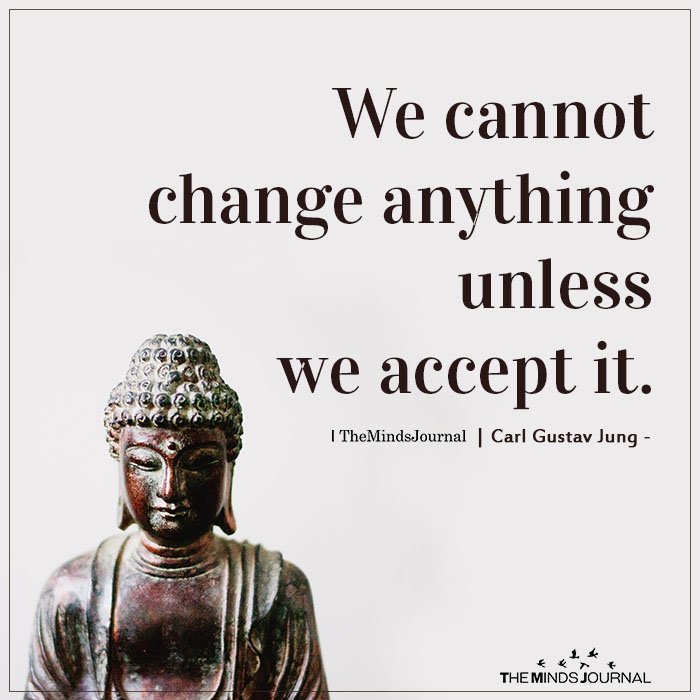
2. Change is the only constant in life
“One moment can change a day, one day can change a life and one life can change the world.” – Buddha
The concept of impermanence or Anitya can be a scary idea to most of us. We, as human beings, look for comfort in our lives. Change challenges our existence and our belief of comfort. We are often terrified of change due to its intrinsic uncertain nature.
But change is inevitable. The day changes to night, the weather changes, the temperature changes, our body changes every day, and even our thoughts, emotions, and actions change on a daily basis. We can never go back to the moment that has just passed. Neither can we replicate any specific moment.
Related: Buddhism Reveals The Ultimate Mindset That Will Help You Achieve Your Goals
The fleeting nature of life
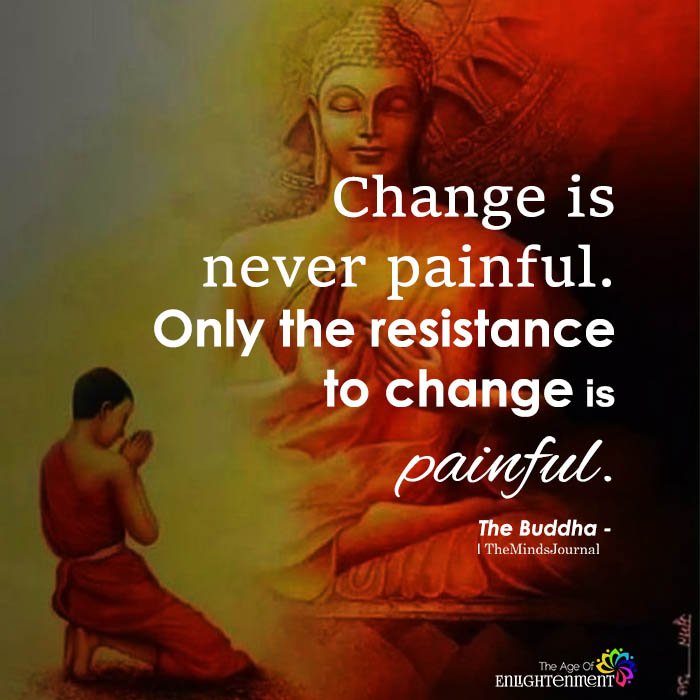
Change is one of the fundamental laws of the universe.
The concept of impermanence can induce fear in us when we are happy and experience joy. However, when you realize that happiness is only a fleeting moment, you will strive harder to make the most out of it.
Paradoxically, the idea of Anitya can be especially comforting when you are experiencing hardship or heartbreak as you know nothing is permanent. Just like everything else, your pain will also pass and make the way of peace and happiness. All you really have in life is this present moment.
“Do not dwell in the past, do not dream of the future, concentrate the mind on the present moment.” – Buddha
When you accept these Buddhist beliefs, you will feel incredibly empowered and liberated.
By accepting the idea of impermanence, you can liberate yourself. You will enjoy life a lot more and appreciate everything in life while the moment lasts.
3. You are not who you think you are
“Nothing is permanent. Everything is subject to change. Being is always becoming.” – Buddha
We all have an idea of who we are and thus we often want to embark on a journey to find ourselves. But in reality, just like the universe, you are constantly changing as a person.
This concept of changing self is known as Anatma and is one of the core Buddhist beliefs. The person you were in high school is not the same person you are today. The person you are today, won’t be the same 5 years from now. There is no constant concrete ‘you’ that you might seek inside yourself.
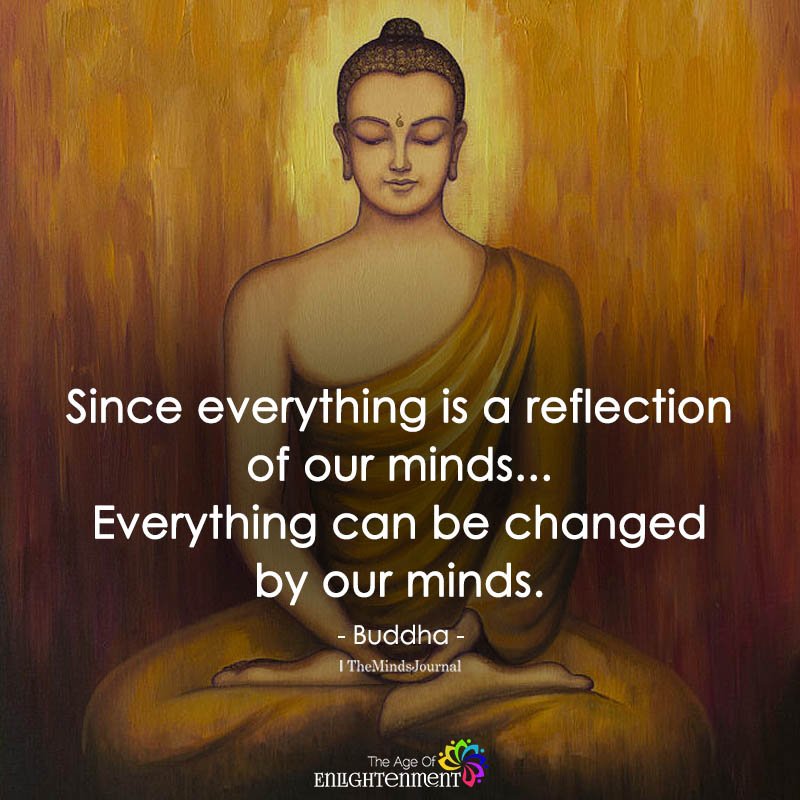
The ever changing ‘self’
Following the notion of Anitya, our thoughts, memories and even our cells change with time. And the belief of Anatma states that our identities and personal narratives change with time as well. The idea of ‘self’ is constantly changing like your behavior, thoughts, emotions, personality, jobs, and other designations that you identify yourself with.
So instead of discovering your true self, you need to first focus on developing the self you wish to find. When you accept the belief of Anatma, you will take decisions and actions that will make it possible for you to become the person you want to be in the coming future. Yes, we are all changing and that’s not necessarily a bad thing.
“To conquer oneself is a greater task than conquering others.” – Buddha
5 Buddhist beliefs for finding true happiness

Now that you know how you can heal your soul with the above mentioned Buddhist beliefs, here are some other Buddhist beliefs that can help you find happiness from within. The fact is there are some incredible correlations between following Buddhist beliefs and happiness.
1. Practice mindfulness
Right mindfulness is one of the core practices of the Noble Eightfold Path in Buddhism. By being mindful, we bring our focus to the present moment and pay attention to what is happening now instead of worrying about the past or the future. Mindfulness is the very heart of Buddhism and helps us to enjoy life by accepting what is.
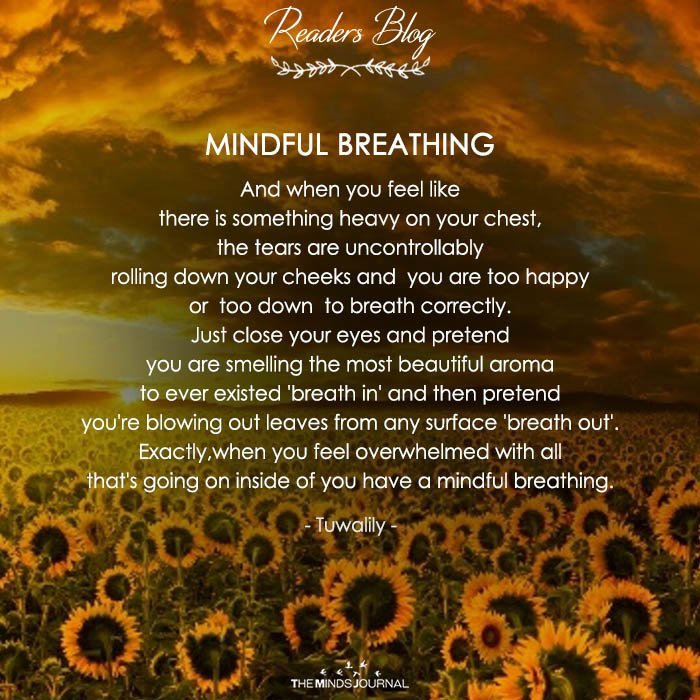
2. Stop comparing yourself to others
In Buddhism, it is believed that all living beings are equal, which is based on the Buddhist belief of equality. Moreover, it is also believed that all entities are connected to one another.
Hence, the very notion of comparing yourself to others becomes baseless. No one is superior or inferior to another. And this belief enables us to celebrate our uniqueness and allows us to be who we truly are.
Related: 5 Ways Buddhists Deal With Anger
3. Practice gratitude

This is perhaps one of the most effective Buddhist beliefs that can help you find happiness even in the darkest of days. The Buddha believed that gratitude is one of the highest forms of protection from unhappiness.
When you experience loss, try to focus on what you still have and appreciate the existing gifts you still enjoy in life. Being grateful will put in a positive mindset & make you generally happier in life.
4. Focus on meaningful goals
Another core practice mentioned in the Noble Eightfold Path in Buddhism is the right effort. This Buddhist principle tells us to work towards attaining meaningful goals that may or may not be religious or spiritual in nature.
When you work hard for accomplishing something that matters to you and to your community, whether it’s teaching your children the right values or gaining a new skill, you will be happier than you were before.
5. Practice Generosity
‘Dana’, the practice of giving is one of the most crucial Buddhist beliefs. By giving monetary or material gifts, as well as intangible offerings like support, knowledge, and time, to those who need it, we can feel happier in life.
When you become a more giving person, you will open yourself up to the feelings of joy and bliss from the universe.
Related: Equanimity In Buddhism: Understanding The Fourth Kind of Love
Make your soul happy

These Buddhist principles and beliefs are simple enough for anyone to practice in our modern world.
Start by seeking inner peace which can only be attained by forgiving yourself for what you may have done till now.
Choose to forgive others for what they might have done to you.
Create yourself through the endless new opportunities that every new day brings.
Let go of all attachments and free yourself from your own limiting beliefs.
This is the path to true happiness. This is the path to healing your soul, finding true happiness, and experiencing inner peace.
“Peace comes from within. Do not seek it without.” – Buddha
If you want to know more about Buddhist beliefs, then check this video out below:
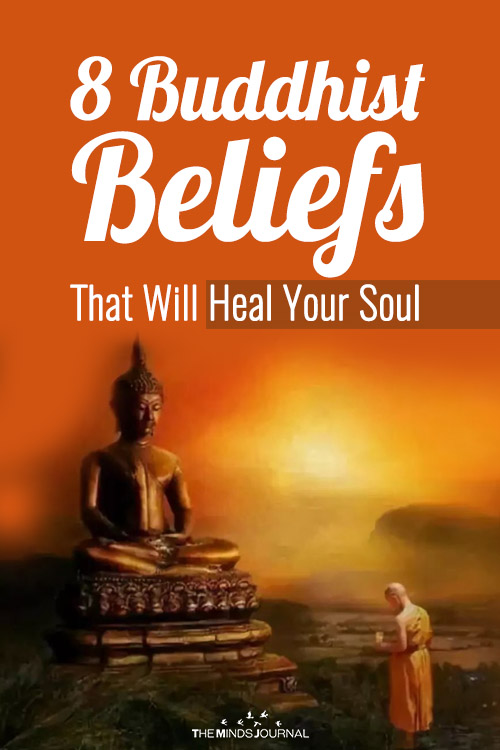


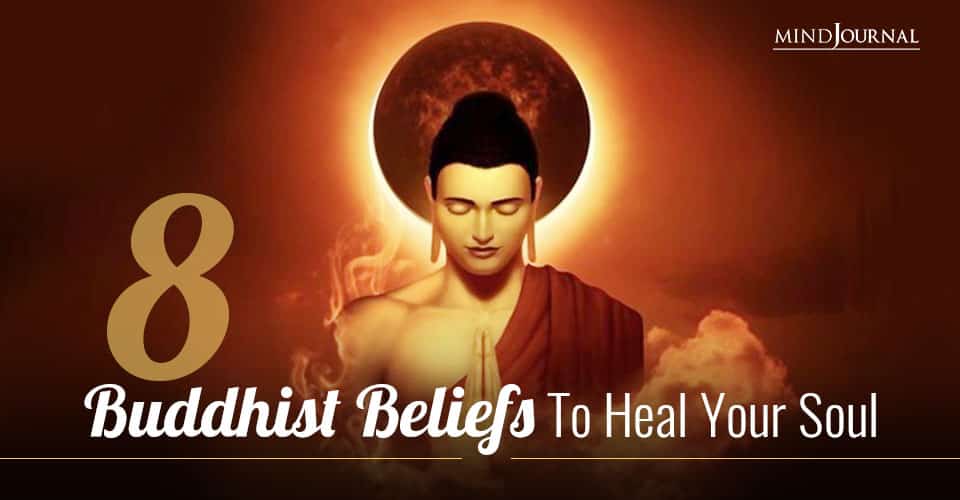

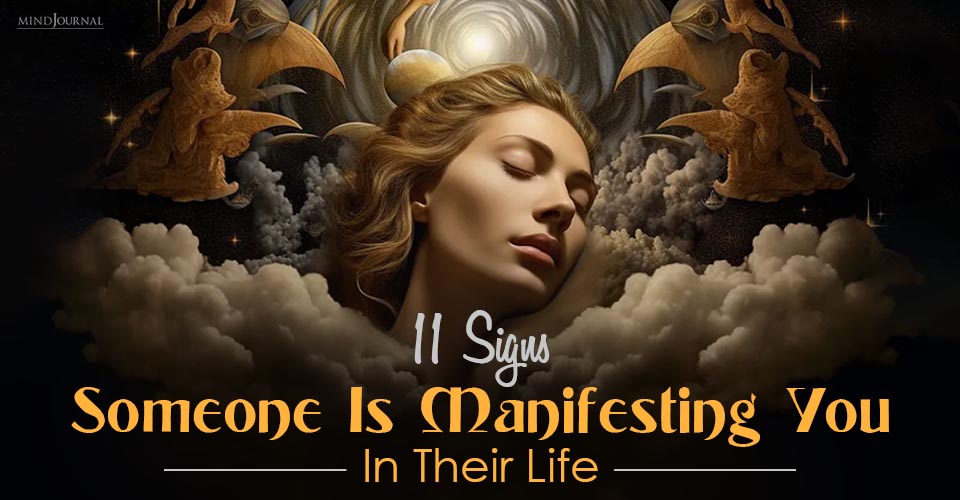
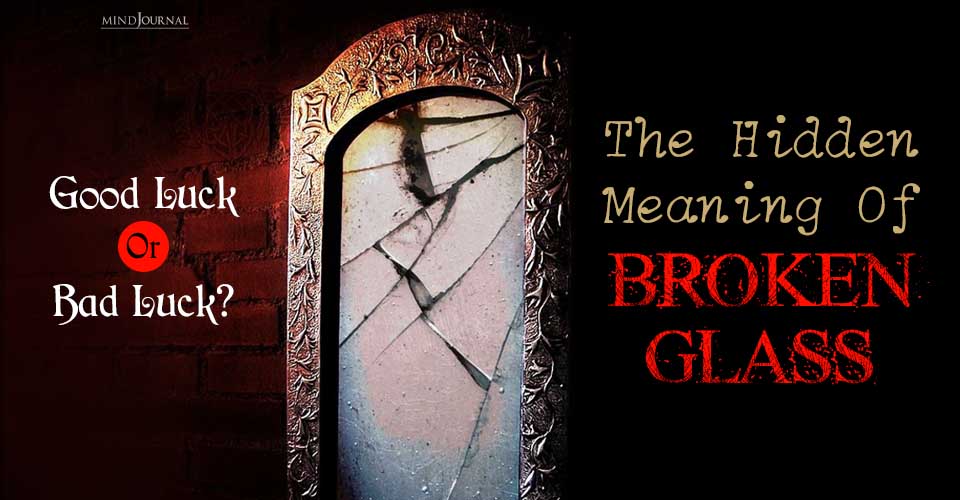
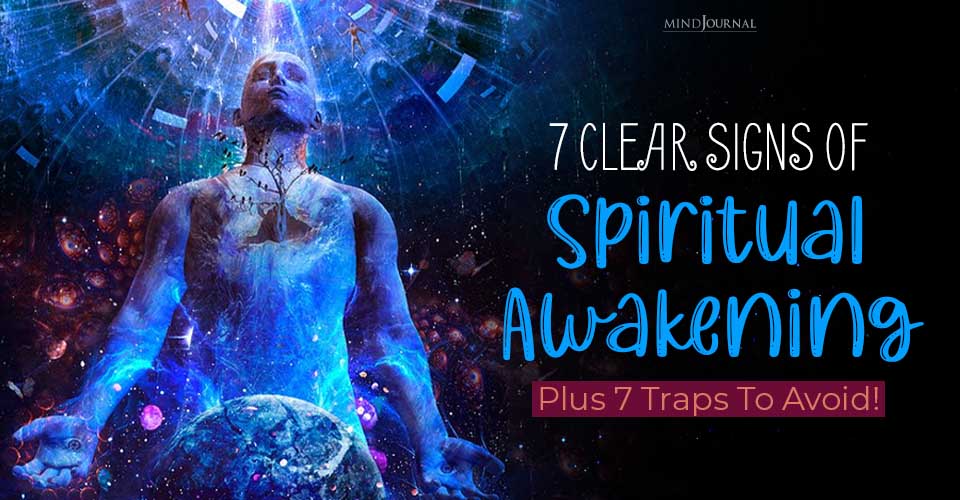
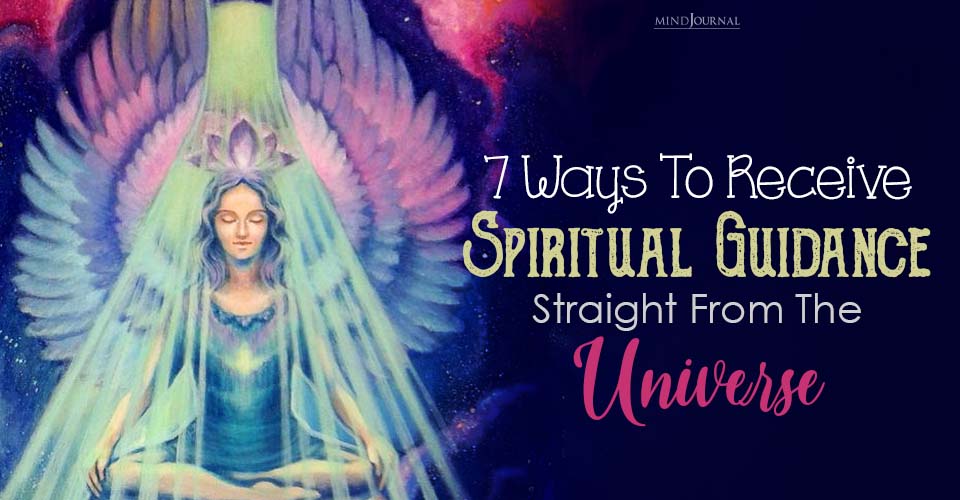
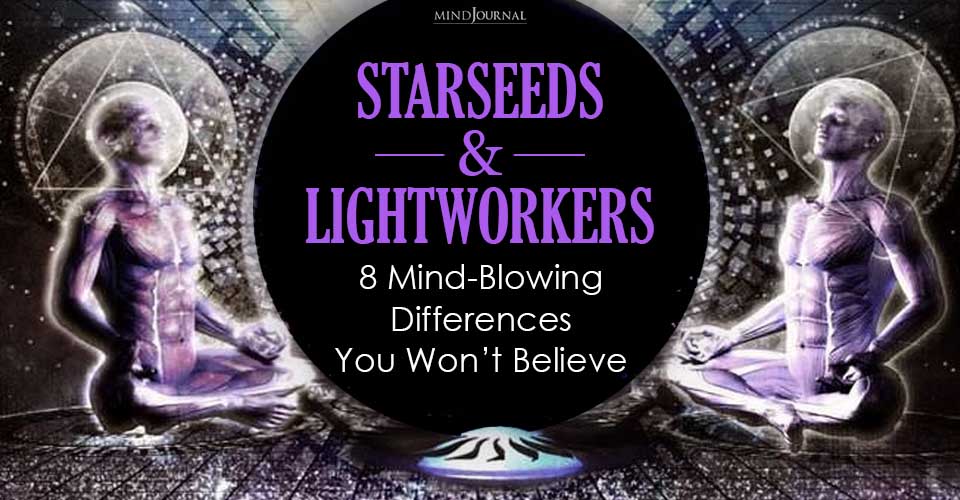
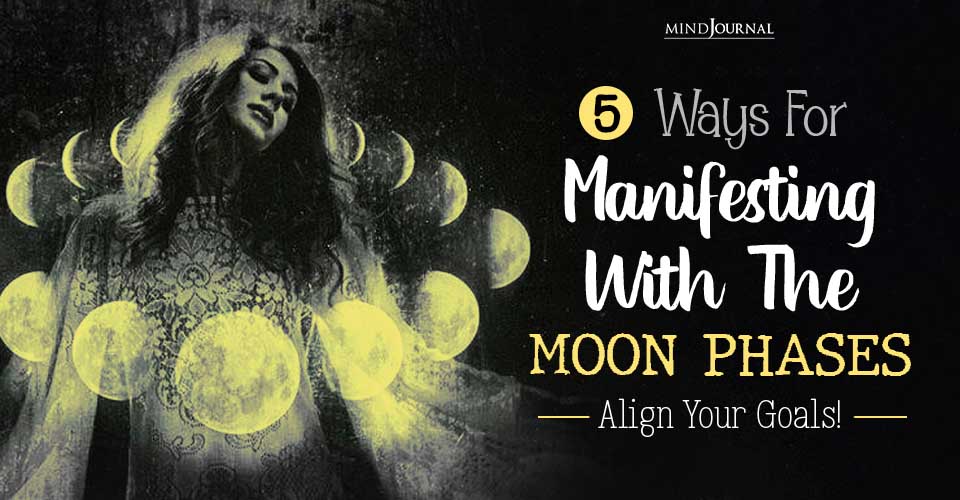
Leave a Reply